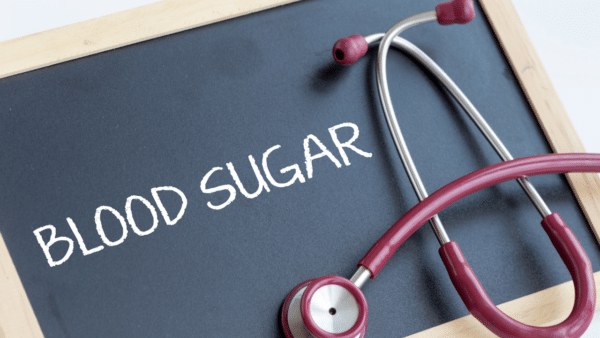Introduction
Low blood sugar, medically termed hypoglycemia, is a condition that affects many people, particularly those managing diabetes. It’s vital to recognize its signs promptly to manage and prevent serious complications effectively.
What is Hypoglycemia?
Hypoglycemia occurs when blood sugar (glucose) levels fall below normal. This drop can cause various physical and neurological symptoms and, if untreated, severe health consequences.
Causes of Hypoglycemia
The primary causes of hypoglycemia include:
-
Excessive insulin or other diabetes medications.
-
Inadequate food intake or skipping meals.
-
Intense physical activity without proper glucose management.
-
Certain medical conditions like liver disease.
-
Alcohol consumption without eating.
Recognizing the Signs of Low Blood Sugar
Identifying the symptoms of hypoglycemia is crucial for timely intervention. Key signs include:
-
Shakiness or trembling.
-
Dizziness or lightheadedness.
-
Sweating, even in cool conditions.
-
Hunger or nausea.
-
Feeling irritable or anxious.
-
Confusion or difficulty concentrating.
-
Blurred vision.
-
Rapid heartbeat.
Severe Symptoms
If left unaddressed, symptoms can escalate to more severe issues such as:
-
Seizures or convulsions.
-
Unconsciousness or coma.
-
Inability to eat or drink.
Managing Hypoglycemia
Effective management of low blood sugar involves several steps:
Immediate Actions
-
Consume 15-20 grams of fast-acting carbohydrates, like glucose tablets, fruit juice, or regular (non-diet) soda.
-
Recheck blood sugar levels after 15 minutes and repeat if necessary.
Long-term Management
-
Regularly monitor blood sugar levels.
-
Maintain a balanced diet with regular meals.
-
Adjust medication dosages as per the healthcare provider’s guidance.
-
Educate family and friends on recognizing hypoglycemia and how to help.
Preventing Hypoglycemia
Prevention strategies include:
-
Adhering to prescribed diabetes management plans.
-
Eating balanced meals and snacks regularly.
-
Understanding and managing the impacts of exercise on blood sugar.
-
Avoiding or moderating alcohol consumption.
Conclusion
Recognizing and promptly addressing the signs of hypoglycemia are key to maintaining optimal health, especially for individuals with diabetes. Proactive management and prevention strategies can significantly reduce the risks associated with low blood sugar. Remember, always consult with a healthcare professional for personalized advice and treatment.









